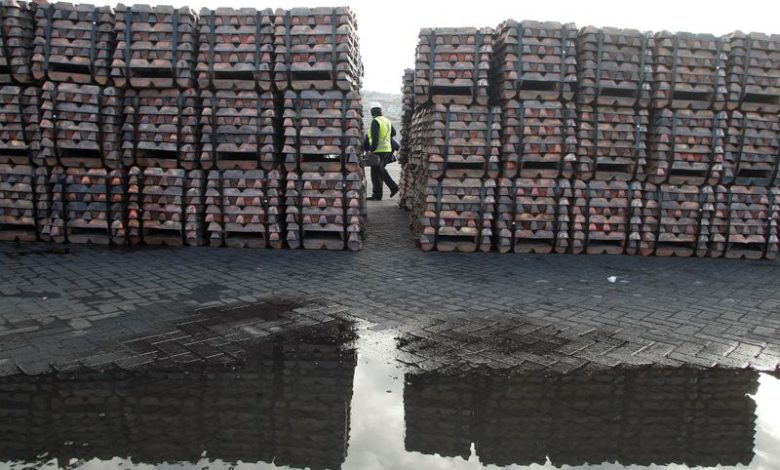
Copper Demand for Electric Vehicles Remains Strong, Trader IXM Reports
By Pratima Desai
London – The demand for metals, particularly those used in electric vehicles, remains strong despite concerns stemming from a slowdown in EV sales. However, projecting specific figures proves challenging due to the evolving nature of the market, according to Tom Mackay, the head of refined metal at commodity trader IXM.
Factors contributing to the slowdown in electric vehicle sales include insufficient charging infrastructure and worries about resale values. Mackay noted, "The electric vehicle industry is relatively new. Numerous variables, including adoption rates and battery chemistries, complicate demand forecasting significantly."
While growth in electric vehicle sales is decelerating, sales continue to rise. Regional variations exist, but the overall trend supports a robust demand narrative for metals. Consultancy Rho Motion reported that sales of battery-powered and plug-in hybrid electric vehicles increased by 32% last year, totaling 13.63 million units. However, sales experienced a 25% decrease in the first quarter of this year, followed by a 22% increase in the second quarter.
Copper plays a critical role in electric vehicle wiring and batteries, which commonly include lithium, nickel, and cobalt. Mackay highlighted recent breakthroughs in lithium iron phosphate (LFP) battery technology, with some capable of traveling 1,000 kilometers and charging to 80% in just 10 minutes. LFP batteries were initially developed for the Chinese market as a cost-effective alternative to nickel cobalt manganese (NCM) batteries, though early models had limitations for long-distance travel.
Mackay pointed out that in the Western market, demand for batteries will likely continue to favor NCM due to the higher value associated with recycling these batteries. "Recyclability is a crucial consideration for automakers when choosing battery chemistries," he explained.
Additionally, Mackay shared that IXM’s global workforce is now smaller, comprising around 440 employees, with a focus on quality. The company has also exited the aluminum sector due to insufficient returns from that resource.
 GOOGL
GOOGL  META
META 


